Prime Minister Mateusz Morawiecki: Our Solidarity Can Resist Russia’s Destructive Economic Policy
23.04.2022
The head of the Polish government met the Prime Minister of Ukraine Denys Shmyhal. The politicians discussed the current situation of war in Ukraine, the possible scenarios for its development, as well as the issue of recovering the country from war damage. Prime Minister Mateusz Morawiecki informed about the ongoing and planned actions taken by Poland and the European Union to support Ukraine in facing Russia’s invasion and its aftermath. So far, Poland has provided our eastern neighbour with military equipment worth PLN 7 billion, i.e. USD 1.6 billion. This equipment saves Ukrainian, Polish and European sovereignty. A memorandum has also been signed in Kraków to further strengthen Polish-Ukrainian cooperation with regard to railways.

Meeting at the Wawel Castle
Podczas wizyty premierzy złożyli na Wawelu wieńce pod grobem śp. prezydenta RP Lecha i Marii Kaczyńskich oraz marszałka Józefa Piłsudskiego.
Ponadto, został im zaprezentowany miecz hetmana Piotra Konaszewicza-Sahajdacznego. Jest to niezwykle ważny dla historii Ukrainy eksponat znajdujący się w zbiorach Muzeum Królewskiego na Wawelu. Miecz miał zostać wypożyczony w tym roku w związku zaplanowaną w Kijowie ekspozycją z okazji obchodów 31. rocznicy uzyskania niepodległości przez Ukrainę oraz upamiętnieniem 400-lecia śmierci hetmana.
During the visit, the two prime ministers placed wreaths at the tomb of the late President of Poland Lech Kaczyński and his wife Maria, and at the tomb of Marshal Józef Piłsudski.
They also saw Hetman Petro Konashevych-Sahaidachny’s sword kept in the museum of the Wawel Royal Castle. This item is of great importance to the history of Ukraine. The sword was planned to be lent by the museum this year to be shown at an exhibition in Kyiv commemorating the 31st anniversary of Ukraine’s independence and the 400th anniversary of the Hetman’s death.
Only Heavy Sanctions Can Stop Russia
At the meeting, the prime ministers discussed the current situation related to sanctions imposed by the international community and individual countries on Russia, its representatives and industry. The sanctions imposed so far have not worked as they should and failed to stop the aggressor. The Russian economy has felt no serious losses, at least in the short run. At the same time, Ukraine needs immediate help to defend its independence. That is why heavy and effective sanctions are needed to persuade Russia to stop the war and withdraw its troops from Ukraine. The politicians emphasised the necessity to resign from purchasing from Russia energy raw materials that remain the main source of funding for the Russian regime and its criminal activities. Poland ceased importing Russian coal some ten days ago – we have introduced a full embargo for this raw material. The head of the Polish government indicated that we are waiting for oil and gas sanctions so that all countries in Europe together stop importing these materials as soon as possible. “Prime Minister Shmyhal and I perceive these sanctions as definitely insufficient. We are observing the position of the Russian currency, Russian bonds, and inflation in Russia. What we need are secondary sanctions. We need new sanctions that will drive the Russian economy into a corner and prevent it from funding this war. From this place, we, the Prime Minister of Ukraine and the Prime Minister of Poland make our shared appeal. We make this appeal to all countries of the free world – to introduce sanctions for oil, gas and coal as soon as possible,” Prime Minister Mateusz Morawiecki said.
A Memorandum to Strengthen Railway Cooperation
The visit ended with the signing of a Polish-Ukrainian memorandum on strengthening railway cooperation in the railway sector. This initiative responds to Ukrainian needs for cargo transport in a situation when the Russian aggressor blocks Ukrainian ports. It will also serve as a tool for supporting the mutually beneficial economic development of the two countries.
Extensive Support for Ukraine
In Ukraine, battles are fought and innocent people are killed every day. Many Ukrainians, in particular women and children, fled to Poland in search of a safe place. Almost 3 million people crossed the Polish border as a result of the war.
In this difficult and painful moment, all of us in Poland – state government, local governments, foundations, NGOs, churches and denominational associations, private enterprises and, above all, ordinary citizens – help Ukrainian refugees.
The Polish government has drawn up a special law enabling Ukrainians to stay legally in Poland. They can, among others, undertake employment, use free healthcare or continue learning and education in Poland. Financial support is also granted to those who have received Ukrainian nationals in their homes.
Our country also provides support for the Ukrainian army. So far, Poland has sent military equipment worth approximately PLN 7 billion, which is more than USD 1.6 billion. This equipment saves Ukrainian, Polish and European sovereignty.
International Information Campaign #StopRussiaNow
The tragedy of the Ukrainian nation struggling with Russia’s brutal aggression cannot be forgotten. This is why today the government has launched a special campaign on billboards and social media to remind Western Europe about the cruelties of war that continues in Ukraine. Special billboards will be displayed in many countries of Europe.
The campaign is intended to stop Russia’s activities with immediate and heavy sanctions.
The special campaign #StopRussiaNow informs about the cruelty of war and atrocious killings committed by Russian soldiers in Ukraine. Billboards with headings, among others, in English and German, will be sent to many European cities. The campaign will also be reinforced on social media. The billboard campaign will be carried out in Berlin, Paris, Rome, and other cities. Polish diplomats will hold conferences in these capital cities. In many places, they will be accompanied by Ukrainian ambassadors. The campaign is intended to pierce the wall of European indifference.
Photos (11)
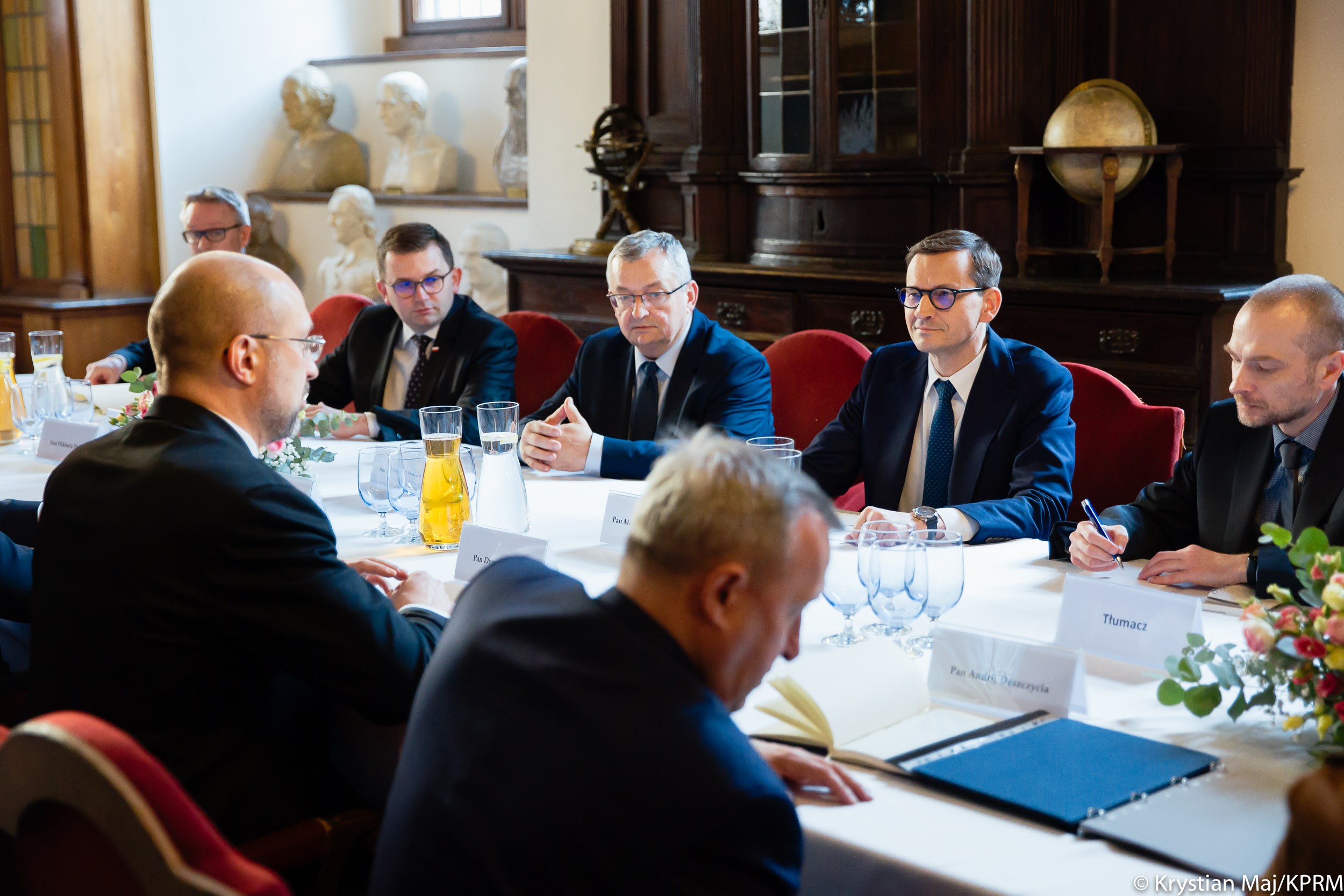 Display photo 2 in the gallery.
Display photo 2 in the gallery.
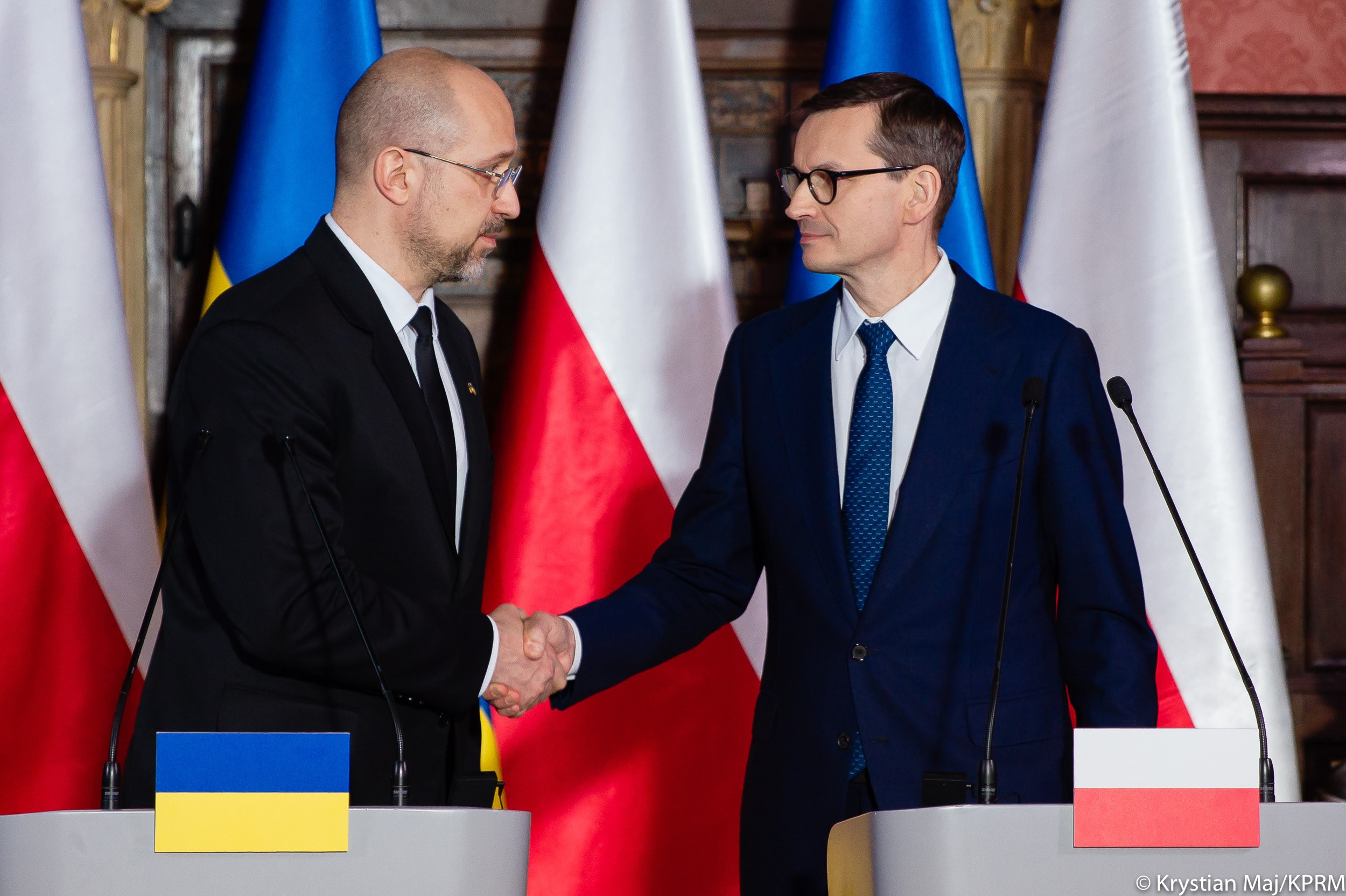 Display photo 3 in the gallery.
Display photo 3 in the gallery.
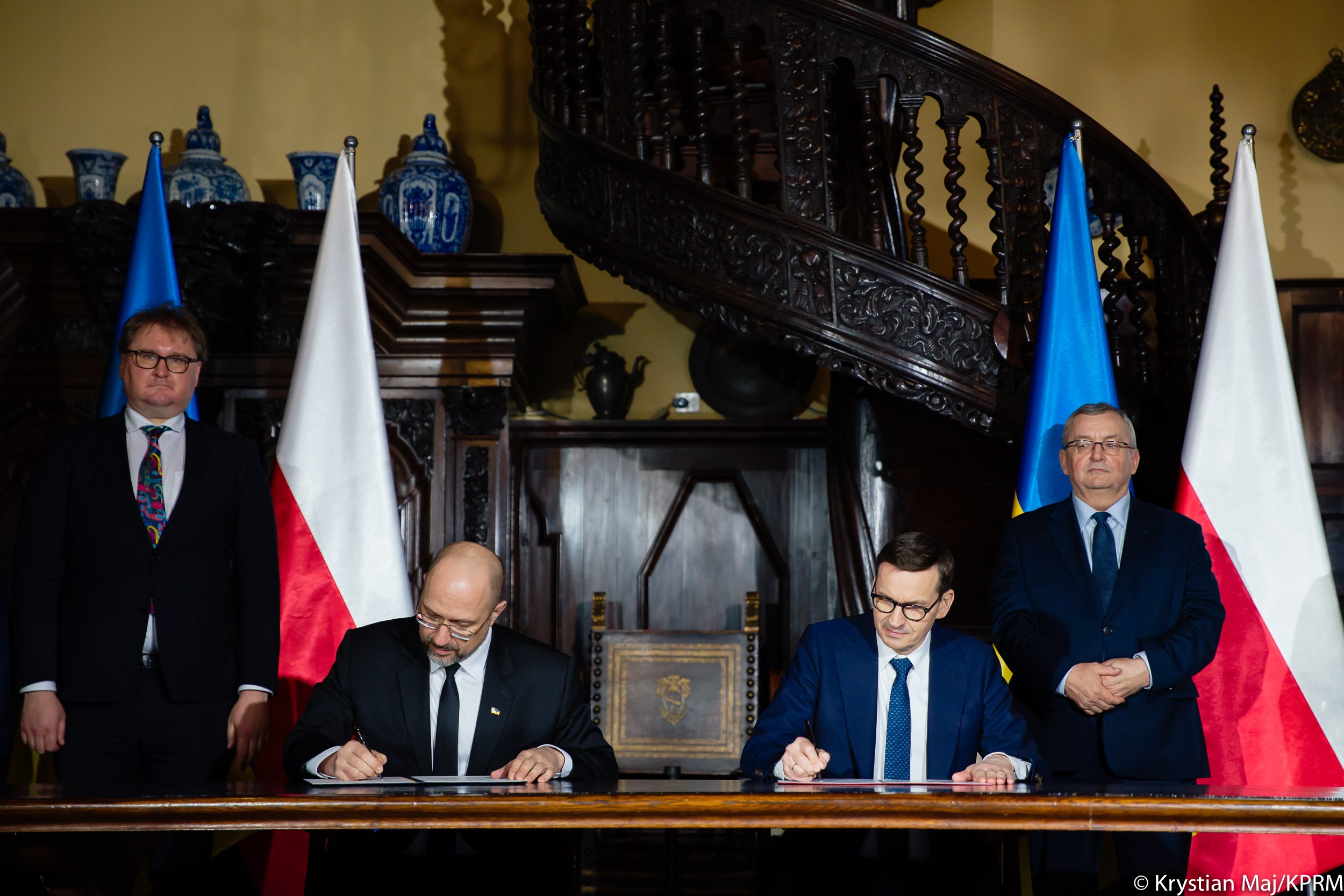 Display photo 4 in the gallery.
Display photo 4 in the gallery.
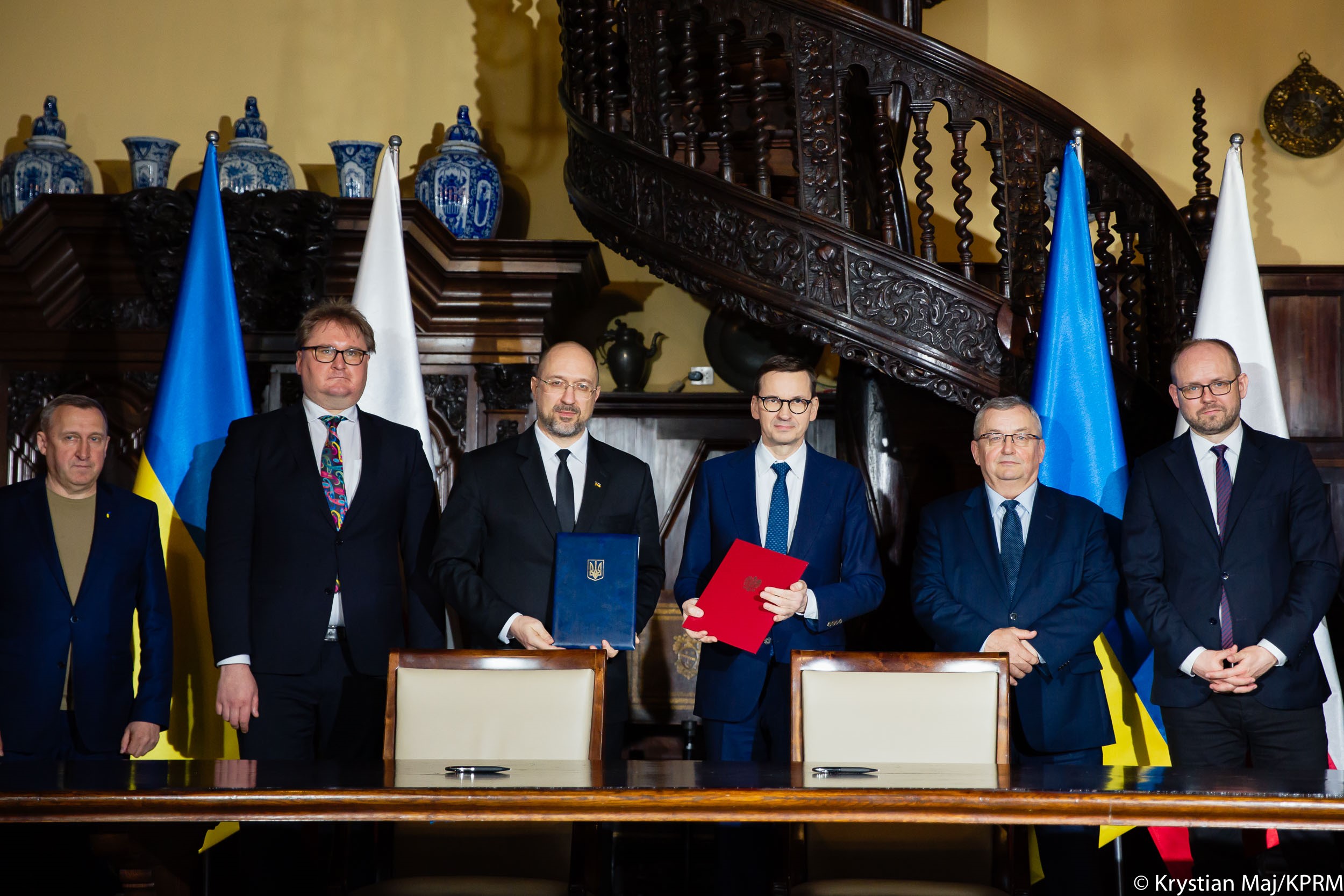 Display photo 5 in the gallery.
Display photo 5 in the gallery.
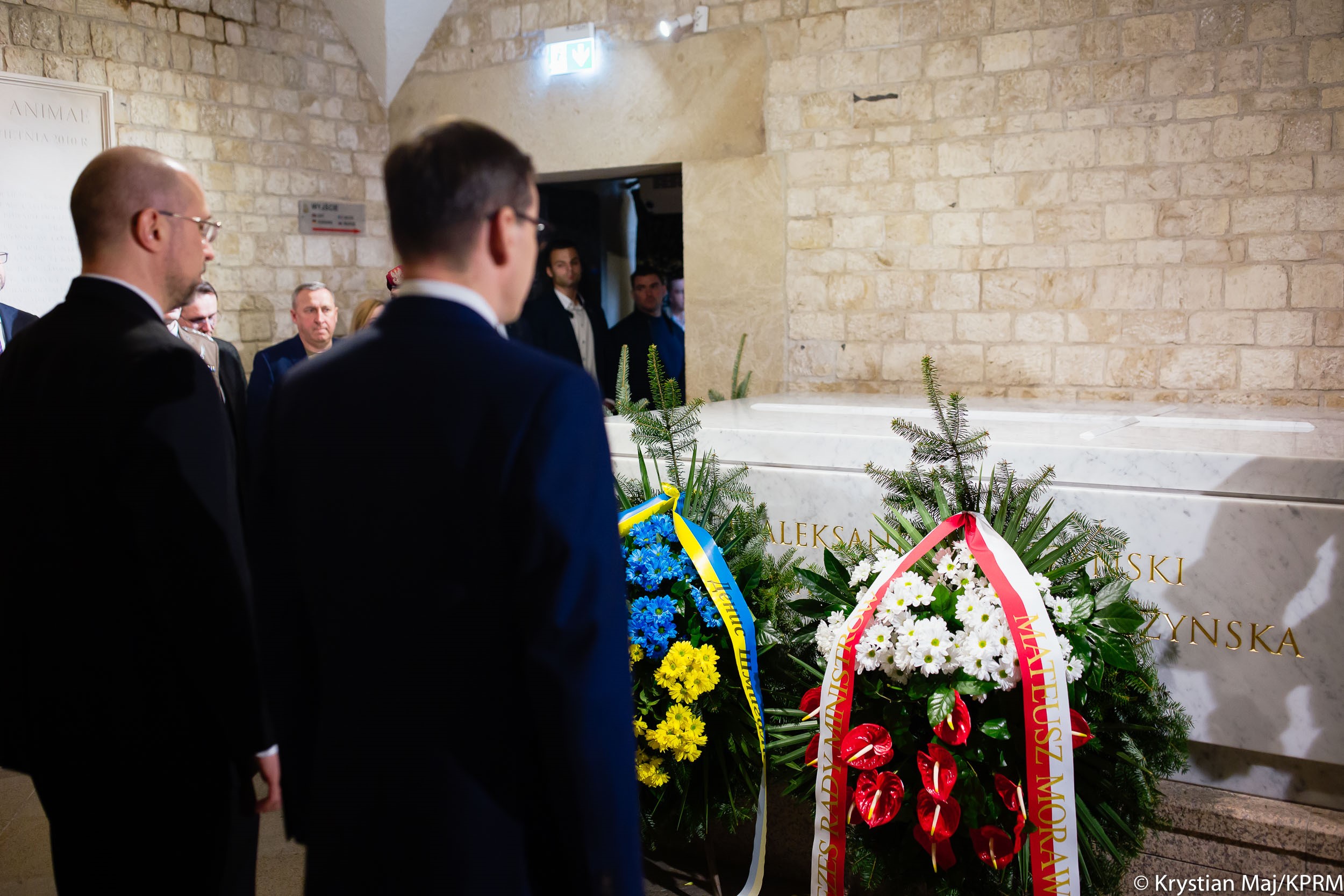 Display photo 6 in the gallery.
Display photo 6 in the gallery.
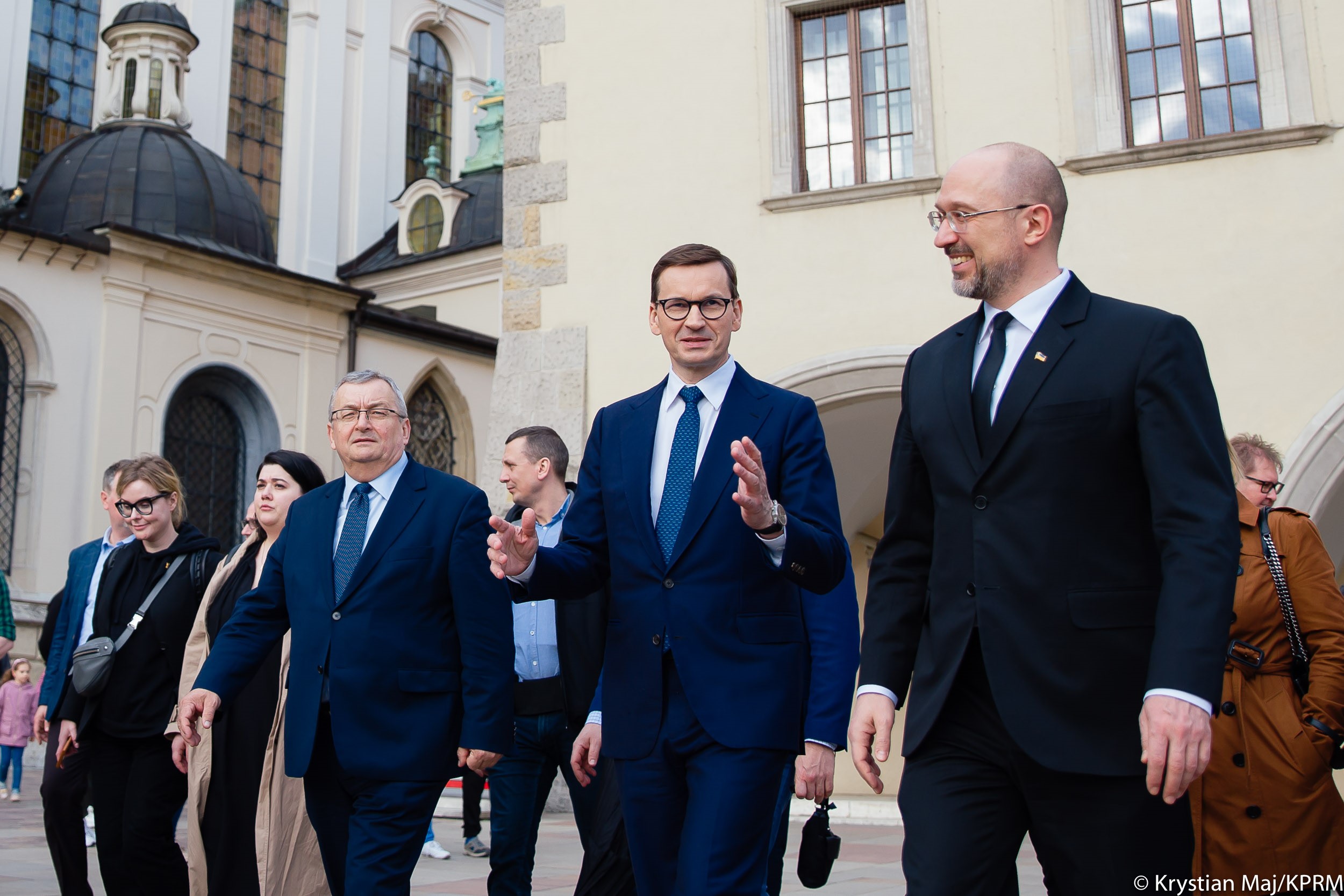 Display photo 7 in the gallery.
Display photo 7 in the gallery.
 Display photo 8 in the gallery.
Display photo 8 in the gallery.
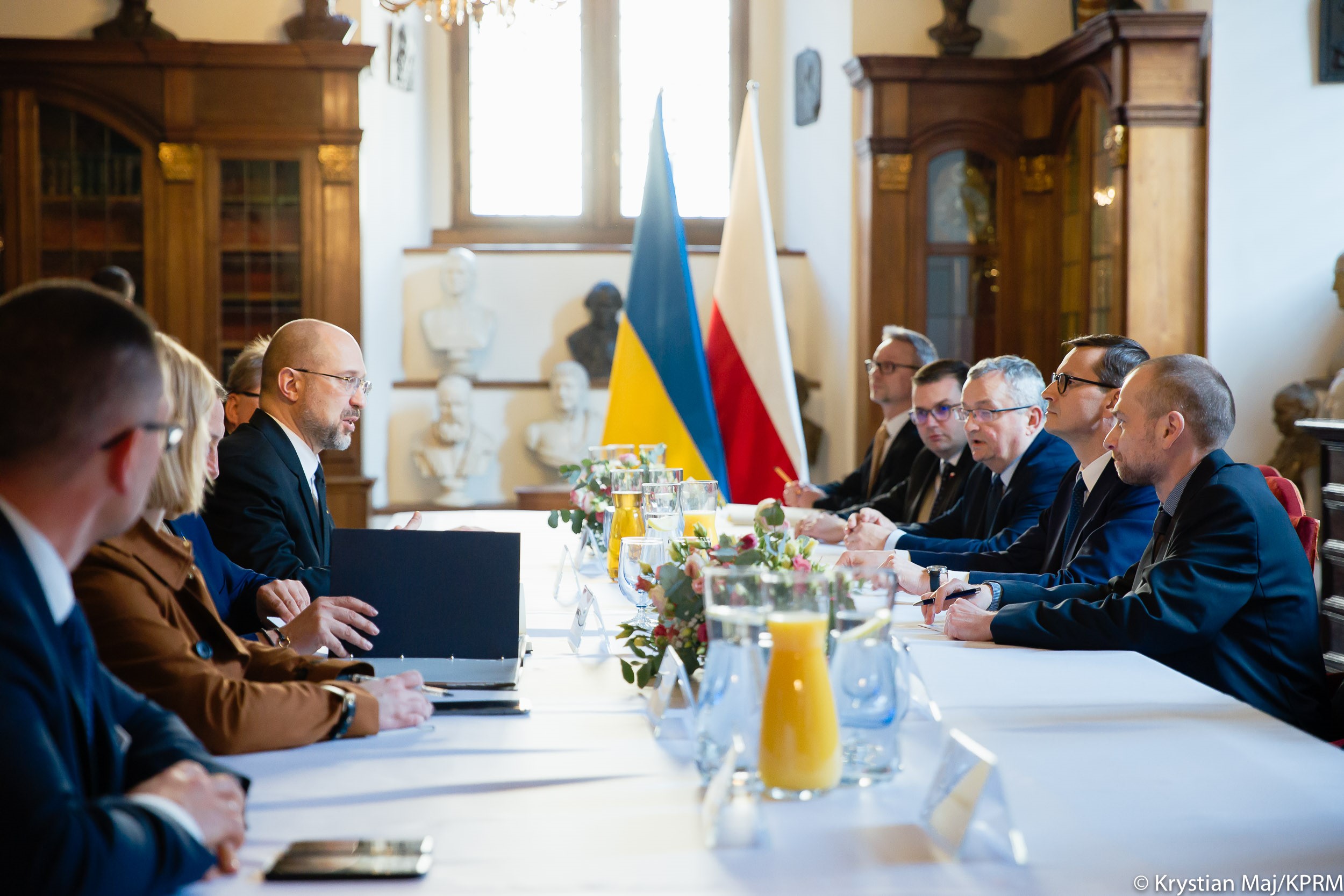 Display photo 9 in the gallery.
Display photo 9 in the gallery.
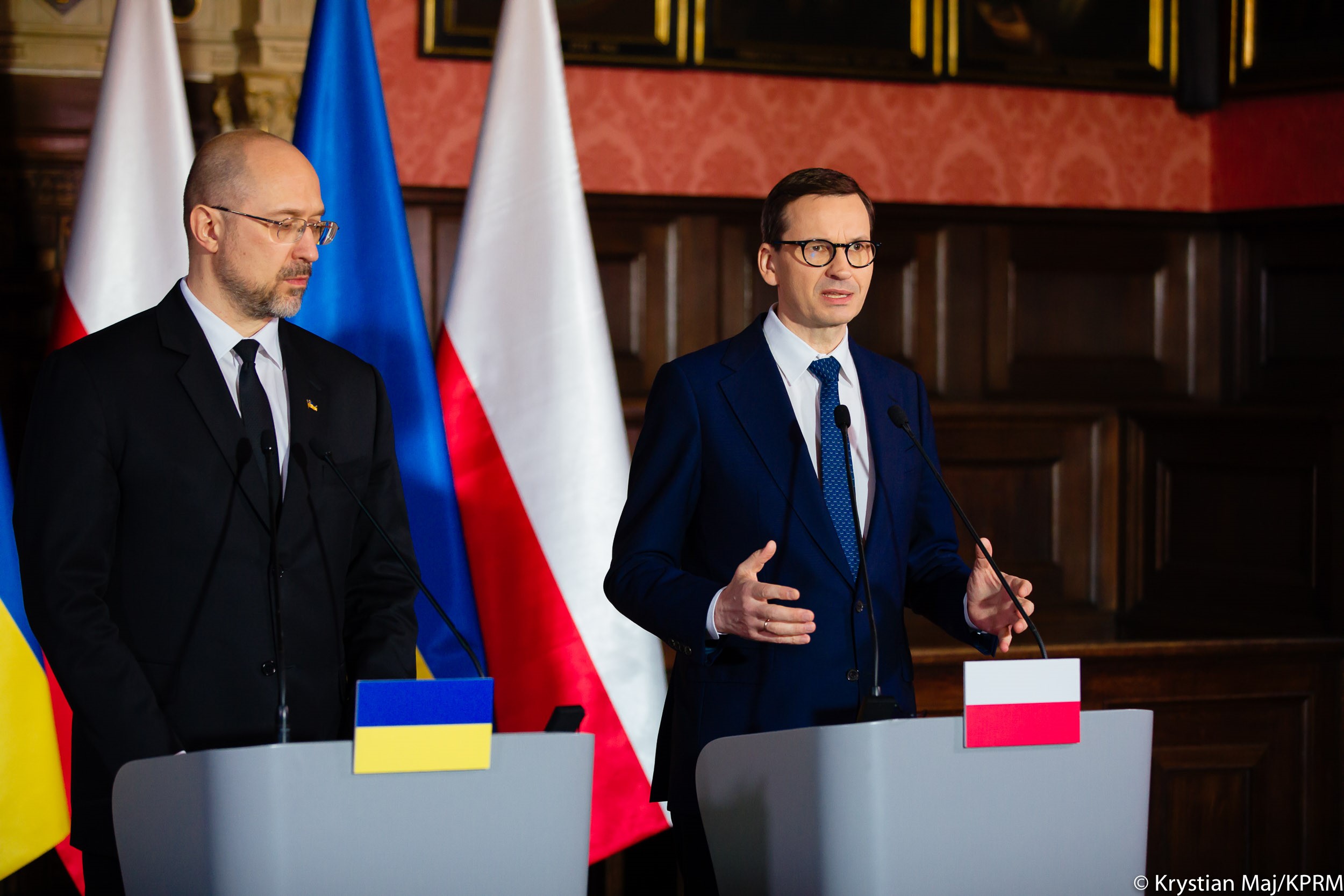 Display photo 10 in the gallery.
Display photo 10 in the gallery.
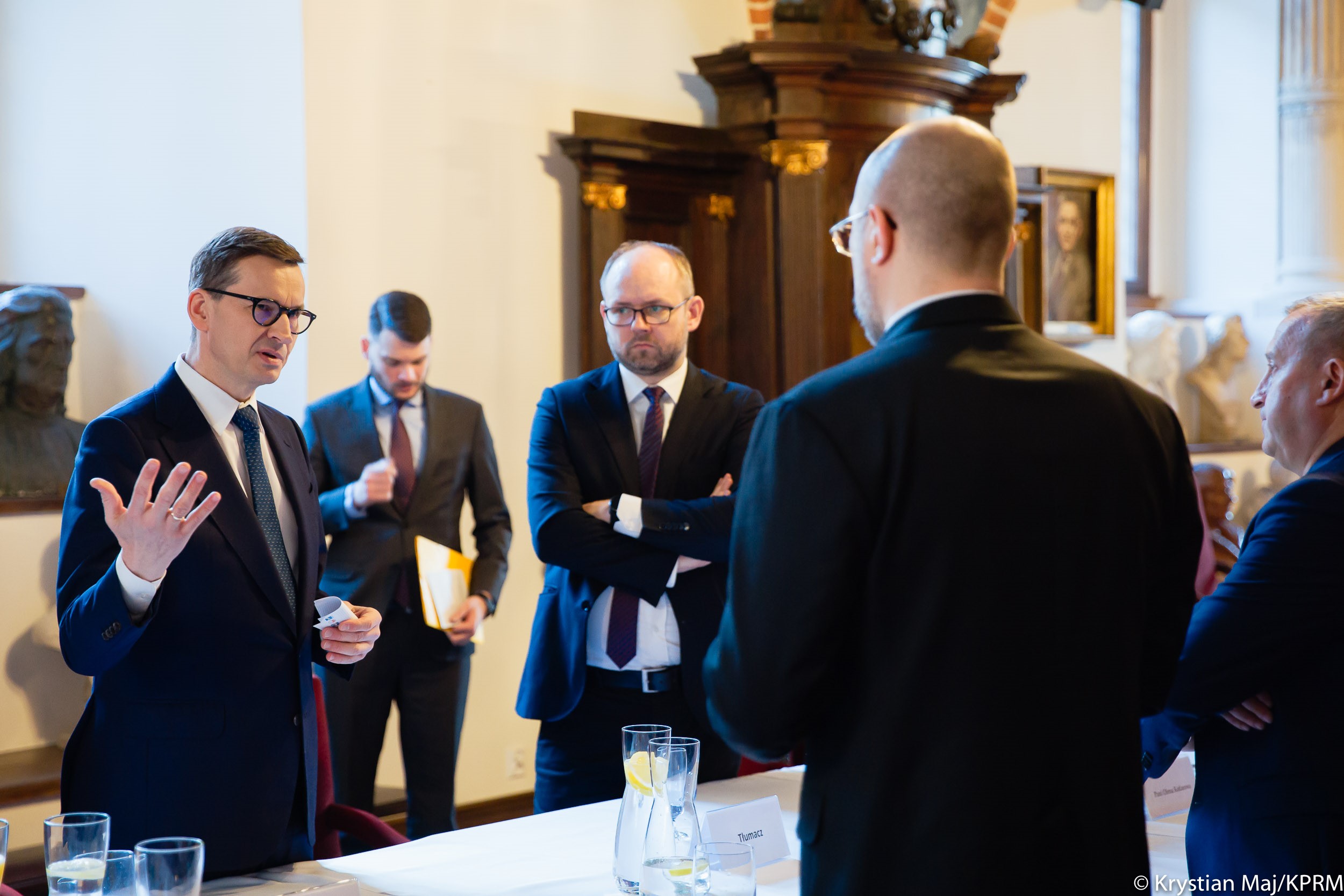 Display photo 11 in the gallery.
Display photo 11 in the gallery.

